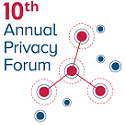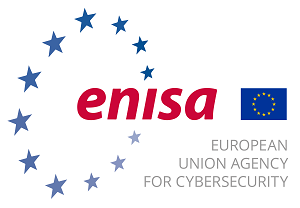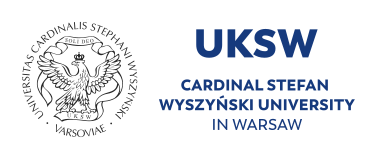Call for Papers
The General Data Protection Regulation[1] applies across the European Union since over three years and is part of a modernised EU data protection legislative framework. Despite however the experience that been accumulated over the past years on practical implementation of privacy and data protection requirements, there is still a long way to go. This is largely due to the lack of proper integration of these requirements in the ‘heart’ of systems operation ‘by design’ and ‘by default’. At the same time, in an era of new technological and societal challenges, such as Artificial Intelligence and tracing apps, personal data may be processed by an unknown chain of entities. Therefore, examining what is at stake and where threats thereto originate from becomes of paramount importance.
In the light of the above, ENISA, DG CONNECT, the Cardinal Stefan Wyszyński University and the Koźminski University are organizing the Annual Privacy Forum (APF) 2022.
In APF 2022, we invite papers presenting original work on the themes of data protection and privacy and their repercussions on technology, business, government, law, society, policy and law enforcement. An inter-disciplinary approach is high in demand to contribute to bridging the gap between research, business models and policy, much like proposing new models and interpretations.
Submission can be made through Easychair at https://easychair.org/my/conference?conf=apf2022
[1] http://data.europa.eu/eli/reg/2016/679/2016-05-04
Research – Opinion Papers
APF 2022 seeks contributions from policy makers and implementers, Data Protection Authorities, industry, consultants, researchers, NGOs and as well as civil society. Opinion and interpretation papers are expected to reflect the views of the author(s). Submissions can be up to 8000 words long, excluding bibliography and appendices. Both research and opinion papers should deal with at least one of the following aspects:
- Implementation Aspects:
- Privacy "by design" and "by default" paradigms
- Adoption of PETs in contemporary digital services
- State-of-the-art and development of PETs
- Technical solutions for data portability and procedural issues
- Technical solutions for preventing online and mobile tracking
- Technical solutions for the enforcement and the implications of the subject’s right, e.g. right to erasure, access and correction
- Information and consent in online environments: practical solutions and implementations
- Modelling of data protection and privacy requirements, such as:
- Machine readable representations and automatic evaluation of policies
- Enabling transparency: technological and organizational challenges
- Aspects of privacy in artificial intelligence, autonomous agents, Internet of Things
- Practical implementation of GDPR and ePrivacy requirements
- Sustainable business models and trustworthiness assessment for privacy friendly online services
- Aspects of privacy impact and risk assessment
- Security measures for the protection of personal data
- Data protection certification
- Economics of privacy and personal data
- Issues of third countries interest
Student Papers
In order to encourage participation of young researchers, the submission of papers by students is encouraged. These papers will be treated as thoroughly as full papers, but can be shorter (up to 4000 words, excluding bibliography and appendices) and reflect novel thinking that might not have been fully elaborated just yet.
Short Papers
In addition to student papers, short papers are also invited as this call is open to anyone who has a sketch of an idea, opinion or a call for collaboration. Short papers should be up to 4000 words, excluding bibliography and appendices and should not overlap with work published elsewhere.
Review and Publication
Submissions of original work are invited; papers must not overlap substantially with work already published or simultaneously submitted to a journal or a proceedings bearing venue. Submissions must be drafted in English and need to comply with the Springer LNCS style guide, which can be found here and here. Within the submitted manuscript, authors are advised to metion below the title whether their submission is a research/opinion, a student or a short paper.
All submissions will be thoroughly reviewed by our PC members. We aim at minimum 3 reviews per paper. Authors must submit their papers according to conditions and within the deadline indicated below.
Proceedings will be published by Springer LNCS.
Submissions can be made through Easychair at https://easychair.org/my/conference?conf=apf2022.
Further to APF 2022 Springer LNCS proceedings, selected papers will be invited to submit an extended version of the their manuscript to a special issue of the Privacy Studies Journal, an interdisciplinary, open access, peer-reviewed journal. Additional information are available under: https://teol.ku.dk/privacy/privacy-studies-journal/.
Please note that according to Springer LNCS rules, an extended version can be published in a journal when it includes at least 30% new material, it cites the original publication and includes an explicit statement about the increment (e.g., new results, better description of materials, etc.).
The details for the submission to the Privacy Studies Journal and the review process will be communicated to the invited authors as part of the invitation.
Important Dates
|
Submission of full papers: |
4 February 2022 23:59 GMT 21 February 2022 23:59 GMT |
|
Notification to author(s): |
4 March 2022 17 March 2022 |
|
Camera-ready copies: |
31 March 2022 7 April 2022 |
|
APF 2022 taking place on: |
23-24 June 2022 |







